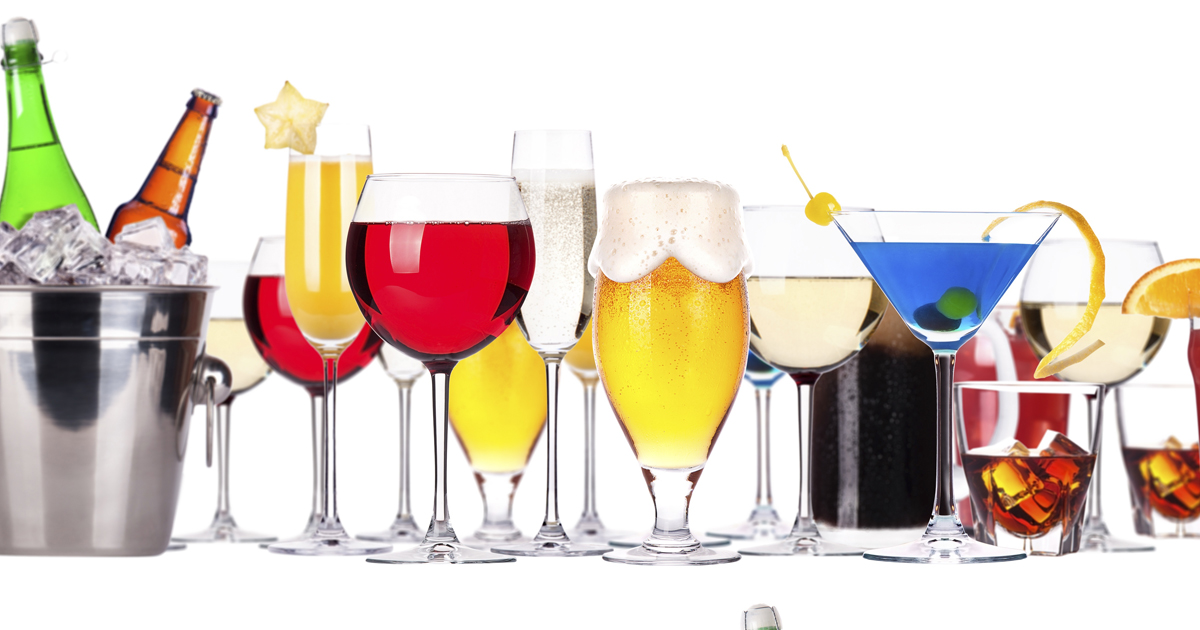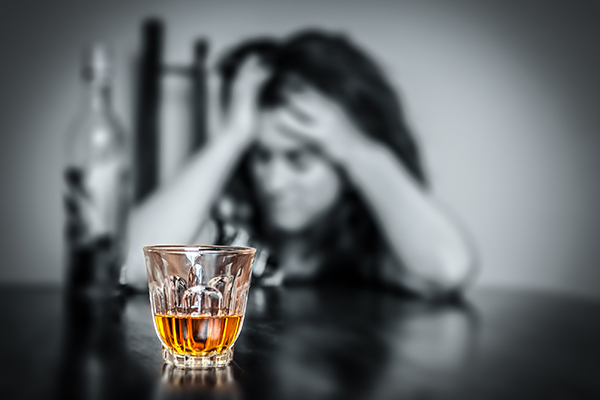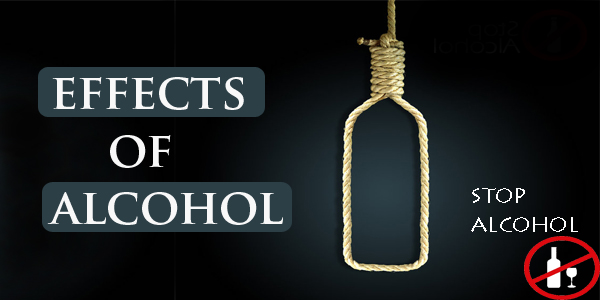
Alcohol use is a serious risk to the health and wellbeing of teenage children, as they are more vulnerable to the effects of alcohol than adults because their bodies and brains are still developing. As our society is becoming more prosperous and parents becoming more liberal, more and more minors, particularly teenagers, are becoming addicted to alcohol. We have had many concerned parents seek interventions and consultations for alcohol addiction among teenagers. While often the parents themselves drink socially, they express concerns relating to quantity and age appropriateness of consumption by their children.

What is Alcohol Addiction?
It is an unhealthy relationship with alcohol in which a person consumes more alcohol than she/he would like to, and continues consumption despite negative consequences. Typically, the person consumes to escape, relax, or to reward. But over the time, alcohol makes the person believe that one cannot live without it.
Effects of Alcohol on Teenage Brain.
Alcohol gives short term pleasure because it activates the nucleus accumbens (a region of the brain that plays an important role in pleasure). It releases endorphins that are chemicals that pass along signals from one neuron (or nerve cell, an electrically excitable cell that processes and transmits information through electrochemical signals) to the next. Neurotransmitters play a key role in the function of the central nervous system and can either prompt or suppress further signalling of nearby neurons.
Endorphins are produced as a response to certain stimuli, especially stress, fear or pain. They originate in various parts of the body – the pituitary gland, spinal cord and throughout other parts of the brain and nervous system — and interact mainly with receptors in cells found in regions of the brain responsible for blocking pain and controlling emotion. This activates the thalamus (mainly gray matter of the brain which functions as a relay centre for sensory impulses to the cerebral cortex), and plays an important role in reward, pleasure, laughter, addiction, aggression, and fear.
Why Do Teenagers Consume Alcohol?
Teenage drinking is typically related with curiosity, pleasure-seeking and personal or family problems. Young children who start drinking alcohol, even occasionally, during their teenage years are more likely to get addicted to it. Some factors which have been linked to serious alcohol addiction in adolescents are:
Peer factor, personality and attitudes—drug using peers, poor individual self esteem and aggression.
Early onset of problem behaviours leading to drug abuse early in life.
Family factors like broken home i.e. divorced or separated parents, drug use in parents, family conflicts.
School factors like poor academic performance, low IQ, performance anxiety and stress.
Approximately 60 per cent of youth with an addiction develop psychiatric disorders and are nearly five times more vulnerable to other problems like conduct disorder (46 per cent), depression (19) per cent, anxiety disorders (17 per cent), attention-deficit hyperactivity disorder (12 per cent).
One recent report by World Health Organization strongly links child maltreatment with alcohol use.
Allowing children unrestricted or unsupervised access to money or alcohol results in development of addiction problems later in life.
Harmful maternal alcohol use during pregnancy can lead to foetal alcohol syndrome.
Many international and Indian studies have concluded that the consumption of alcohol by fathers have a significant influence on teenage drinking, even after ruling out other familial and non-familial factors like parental supervision, academic performance, reported influence of advertisement, and having friends who drank. It has been found that over 80 per cent young addicts have a history of alcohol consumption in family. This is contrary to the popular belief that alcohol usage is often solely attributable to peer pressure.

Warning signs of teenage alcoholism may include:
Physical: Fatigue, repeated health complaints, red and glazed eyes, and a lasting cough.
Emotional: Personality change, sudden mood changes, irritability, irresponsible behaviour, low self-esteem, poor judgment, depression, and a general lack of interest.
With Family: starting arguments, breaking rules, or withdrawing from the family.
At School: Decreased interest, negative attitude, and drop in grades, many absences, truancy, and discipline problems.Social Problems: New friends who are less interested in standard home and school activities, problems with the authority, and changes to less conventional styles in dress and music.

Effects of Alcohol Addiction
Alcohol use is a serious risk to the health and well being of teenage children, as they are more vulnerable to the effects of alcohol than adults because their bodies and brains are still developing. Drinking, even in lesser amount may impair brain functions like memory, coordination, and motor skills, and may even severely restrict intellectual capabilities. The decision-making circuits in the brain continue developing till the 20s which get hampered by alcohol abuse. Children who begin ‘binge drinking’ at the age of 13 and continue to drink throughout adolescence are nearly four times likely to be obese and almost three and a half times more likely to have high blood pressure than those who do not drink during adolescence.
Vulnerability: The hormonal changes teenagers go through at puberty make them more likely to take risks. Alcohol can further impair teenagers’ judgement, leaving them vulnerable. If they have been drinking they might unintentionally put themselves in risky situations like getting involved in a fight or walking home alone while not being fully prepared to handle the circumstances.
High Risk Behaviour & Unprotected Sex: Alcohol affects rational decision-making skills. Those under the influence may feel a heightened sense of confidence and have lower inhibitions, and are more prone to indulge in high risk behaviours including unprotected sex.
Alcohol Poisoning: As teenage parties tend to have an emphasis on ‘binge drinking’ and getting drunk, there is an increased risk of blackouts and even alcohol poisoning. Serious health effects of alcohol on teenagers can be seen when their blood alcohol levels get too high causing their brain to stop controlling their body’s vital functions and in an extreme scenario even result in them stopping breathing, falling into a coma or choking on their own vomit.
Appearance: Alcohol has almost as many calories as pure fat and causes weight gain. It is also a diuretic (a substance that promotes the production of urine) so it dehydrates the body and can make skin look pale and grey. Drinking also affects normal sleep patterns, leading to restless nights and tiredness.
How Do We Prevent Alcohol Addiction?
Parents need to adopt measures with less emphasis on punishment and incarceration and more on preventive strategies. They can prevent alcohol abuse by talking to them about evil effects of drinking through open communication, role modelling, and responsible behaviour. Parents must also know when to seek professional help for their child to extend the benefit of timely intervention.
Communication: Parents can talk about the impact of alcohol on the body and explain how it feels to be drunk, for example, doing silly things or feeling sick. Offering a listening ear is just as important as telling your child the facts. Reassure them that you will listen to their experiences and wont judge them if they have tried alcohol.
Society, School and Parents
There are various strategies but for their successful implementation there has to be a joint effort by teachers, parents and mental health professionals to provide a network. One of the most powerful tools in reducing the prevalence of teen drug use is communication that has been highlighted above. Second is to reduce alcohol availability to minors in which the society can play a significant role by implementing the rules already laid down for prevention of under-age drinking and to make it stricter for avoiding dispensing of alcohol to teenagers. Third, connections between child welfare services and addiction treatment programmes can be improved. Early detection and timely effective treatment of the addiction problem and related issues can prevent it from developing into a serious problem and also ensure a good prognosis of recovery and relapse can be prevented. Finally, public education campaigns among teachers, parents and the growing children can help the spread of this problem.
